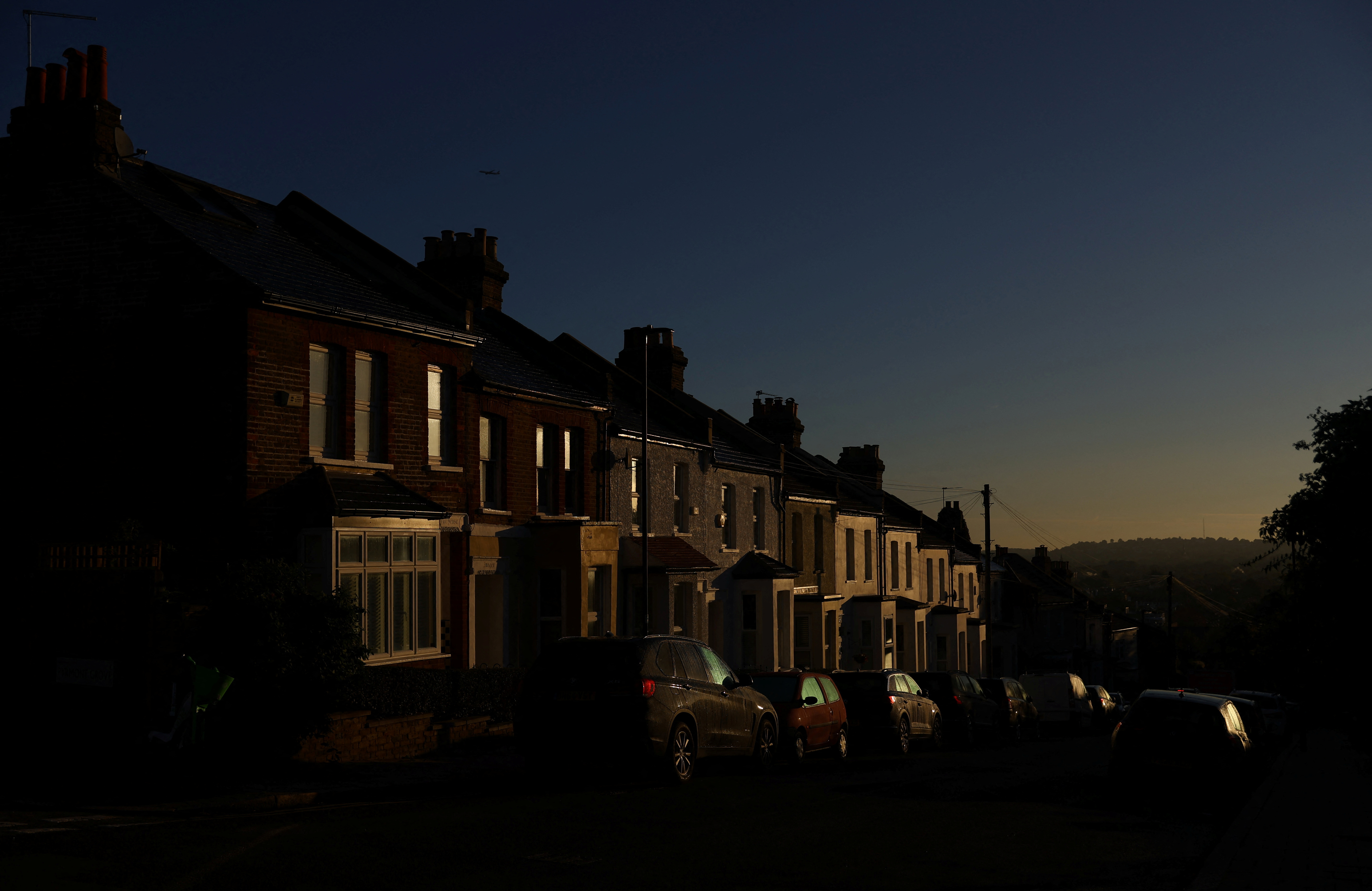
By David Milliken
LONDON (Reuters) -British house prices rose in March at their fastest annual pace since December 2022, a survey showed on Tuesday, adding to signs that the squeeze from high interest rates is continuing to ease.
Nationwide Building Society, Britain’s second-largest mortgage lender, said house prices were 1.6% higher in March from a year earlier at an average of 261,142 pounds ($328,229), picking up from annual growth of 1.2% in February.
The acceleration came despite a 0.2% price fall in March alone, the first drop since December 2023 after a 0.7% increase a month earlier. This bucked economists’ expectations in a Reuters poll for a 0.3% monthly rise on a seasonally adjusted basis and a stronger annual rise of 2.4%.
“Activity has picked up from the weak levels prevailing towards the end of 2023 but remains relatively subdued by historic standards,” Nationwide economist Robert Gardner said.
With house prices rising more slowly than wages – which are up around 6% from a year ago – affordability constraints are gradually easing, he added.
Rob Wood, chief UK economist at consultancy Pantheon Macroeconomics, predicted a 4% rise in house prices for 2024.
“Forward-looking indicators continue to suggest house prices will keep rising as mortgage rates gradually tick down,” he said.
British house prices jumped more than 20% between the start of the COVID-19 pandemic and late 2022, but then fell slightly as home sales were curbed by bond market turmoil during Liz Truss’ brief premiership and a sharp rise in interest rates.
The Bank of England increased its main interest rate to 5.25% in August 2023, its highest since 2008. Financial markets see a first cut in June or August, with rates forecast to drop to around 4.5% by the end of the year, lowering the cost of new mortgages.
BoE figures released on Tuesday showed lenders approved the highest number of mortgages since September 2022 in February, although the latest reading of 60,383 is still about 10% below its pre-COVID average.
The average interest rate on new mortgages fell by 0.29 percentage points in February to a six-month low of 4.90%.
Across the first quarter as a whole, house prices were 1.1% higher than the previous quarter, the fastest three-month rise since the three months to July 2022, Nationwide said.
The biggest rise over the past year was in Northern Ireland, where prices rose 4.6%, while the largest fall was in southwest England where prices fell 1.7%. Prices in London increased by 1.6%.
($1 = 0.7956 pounds)
(Reporting by David Milliken; Editing by Kate Holton, Bernadette Baum and Christina Fincher)






